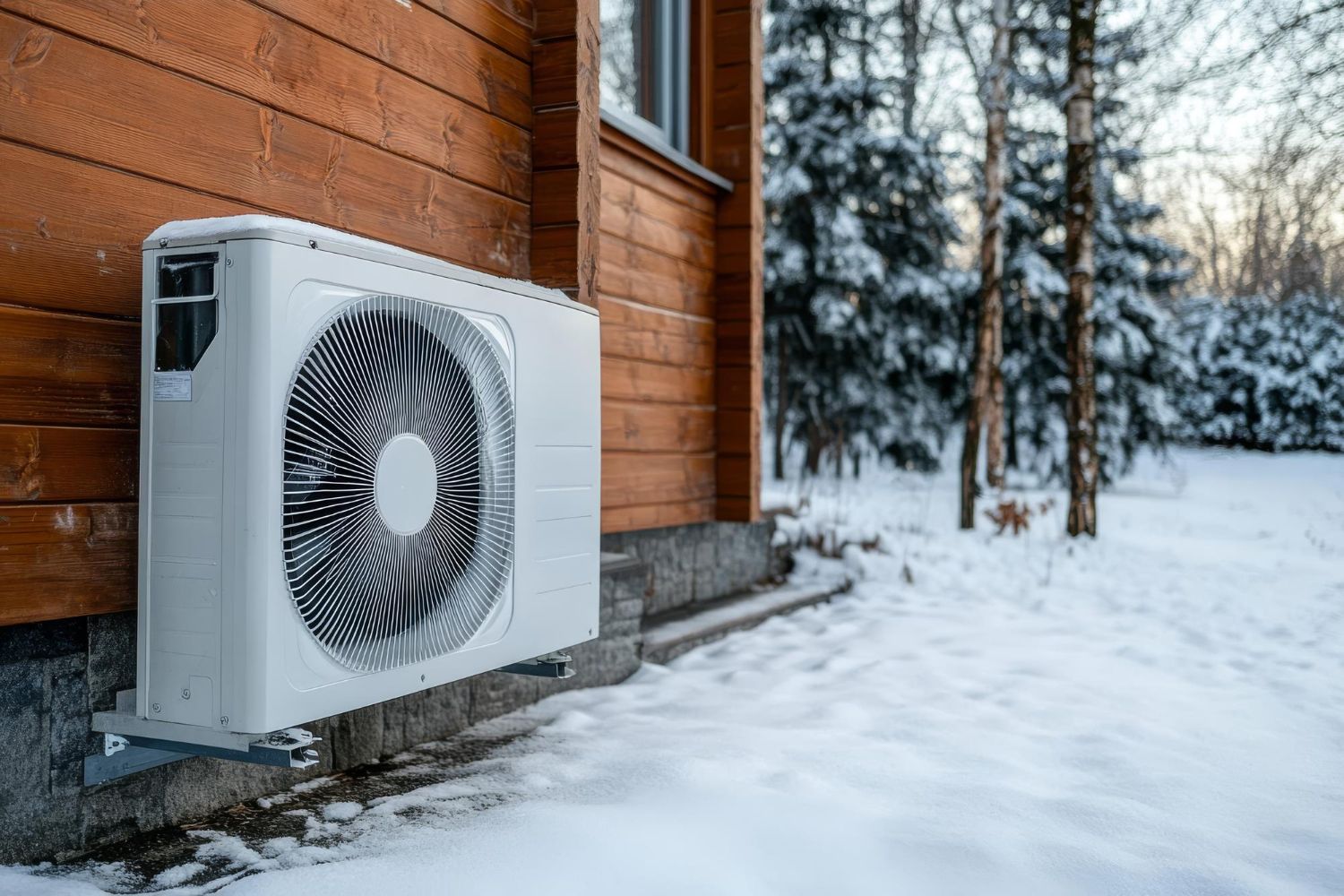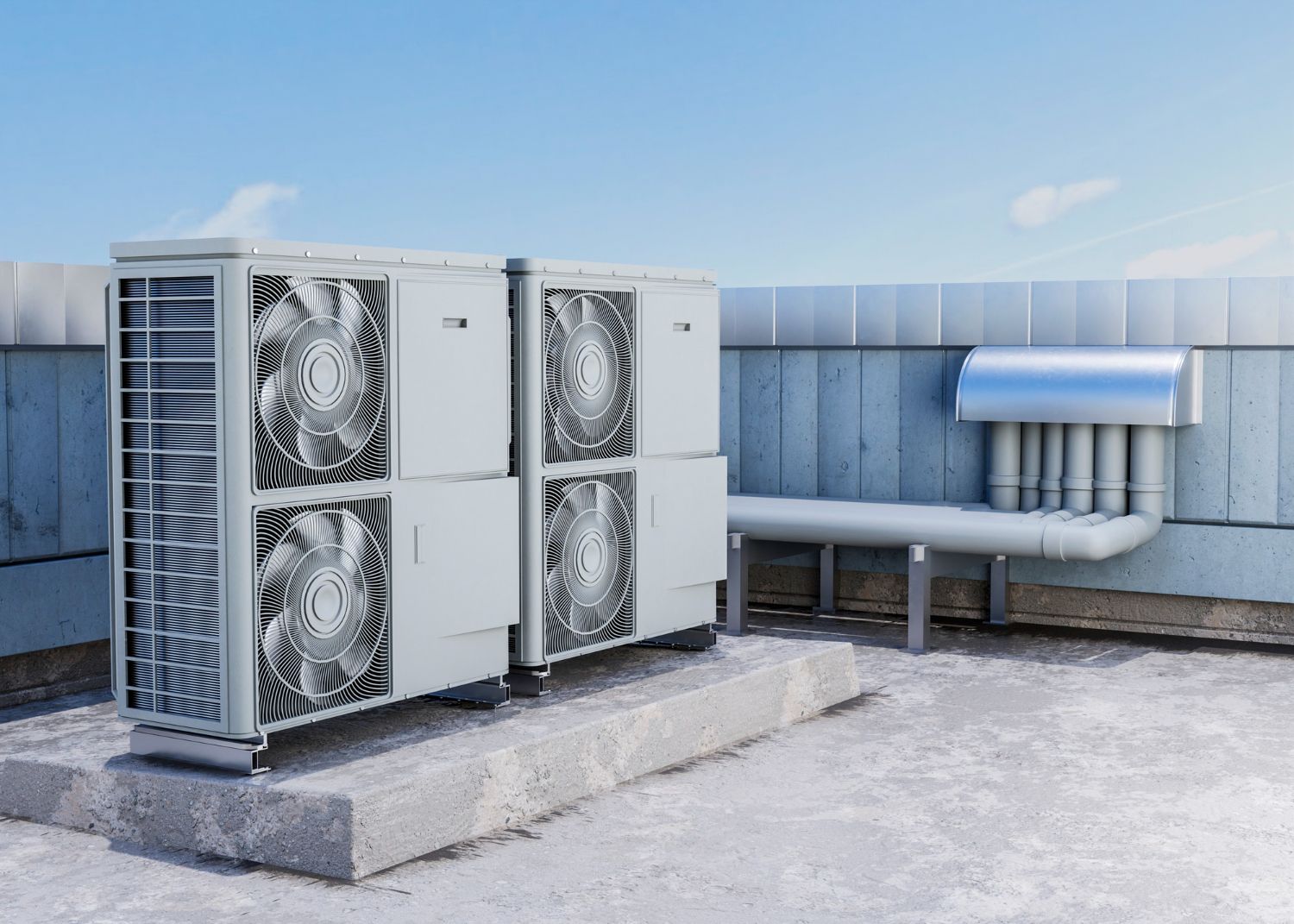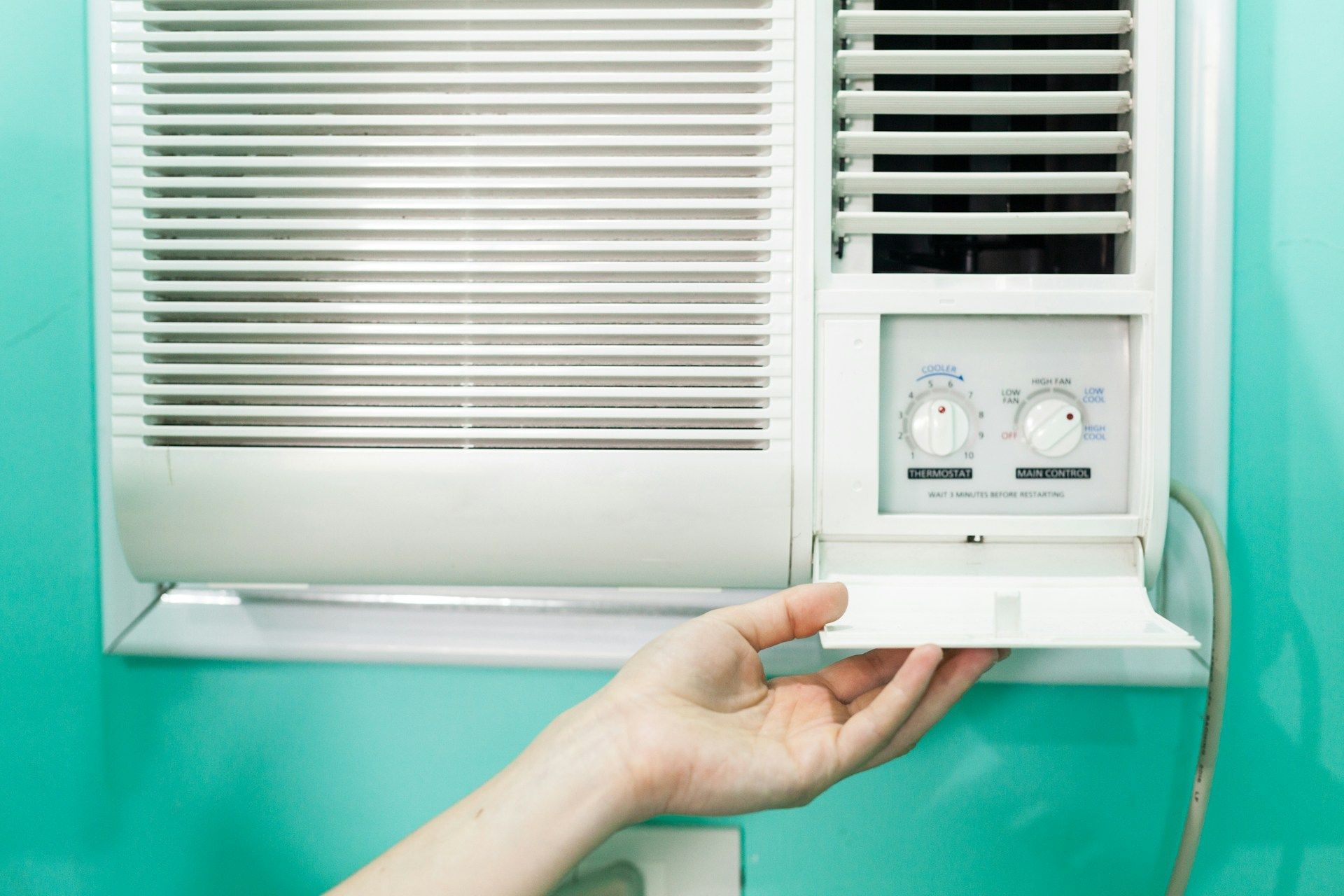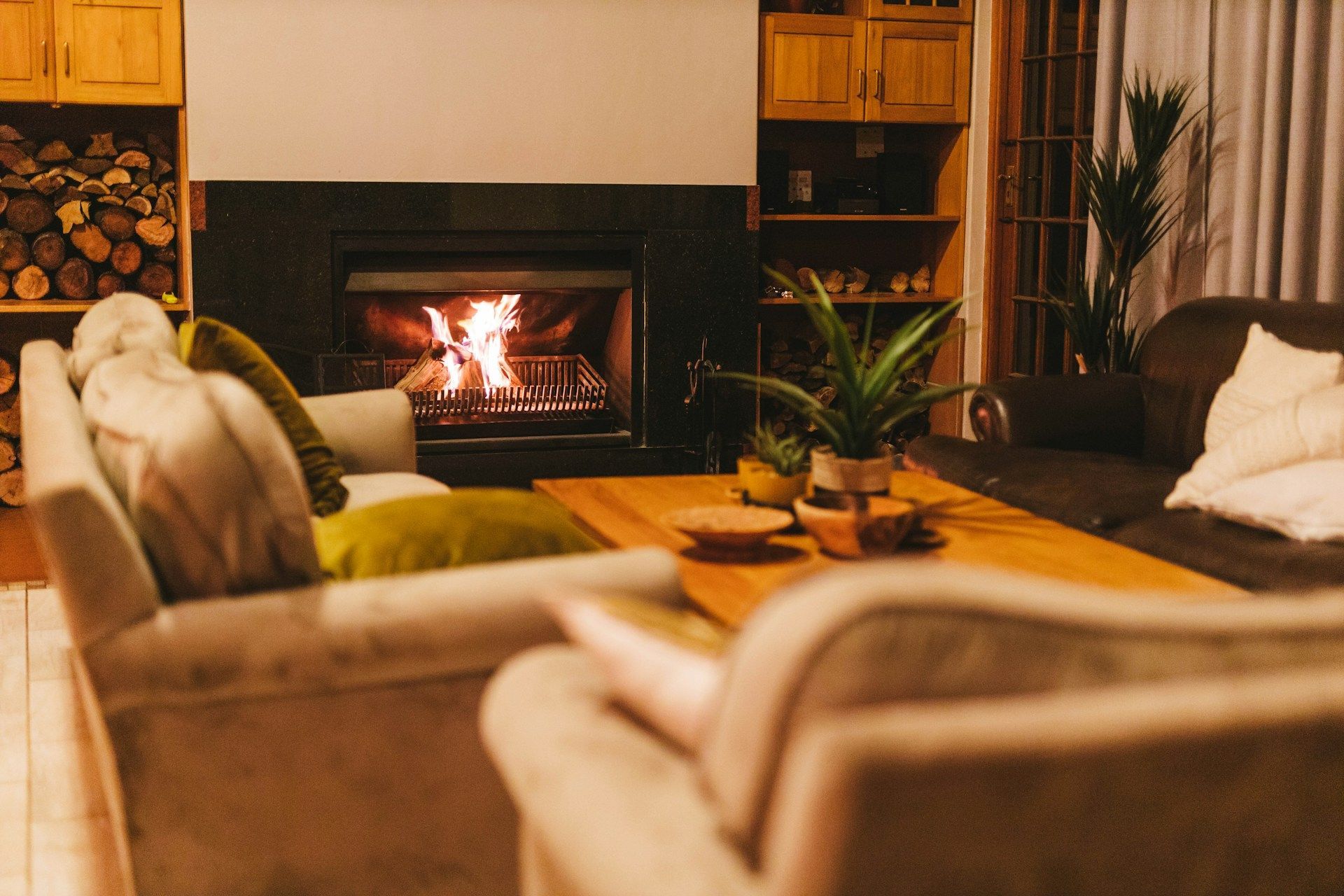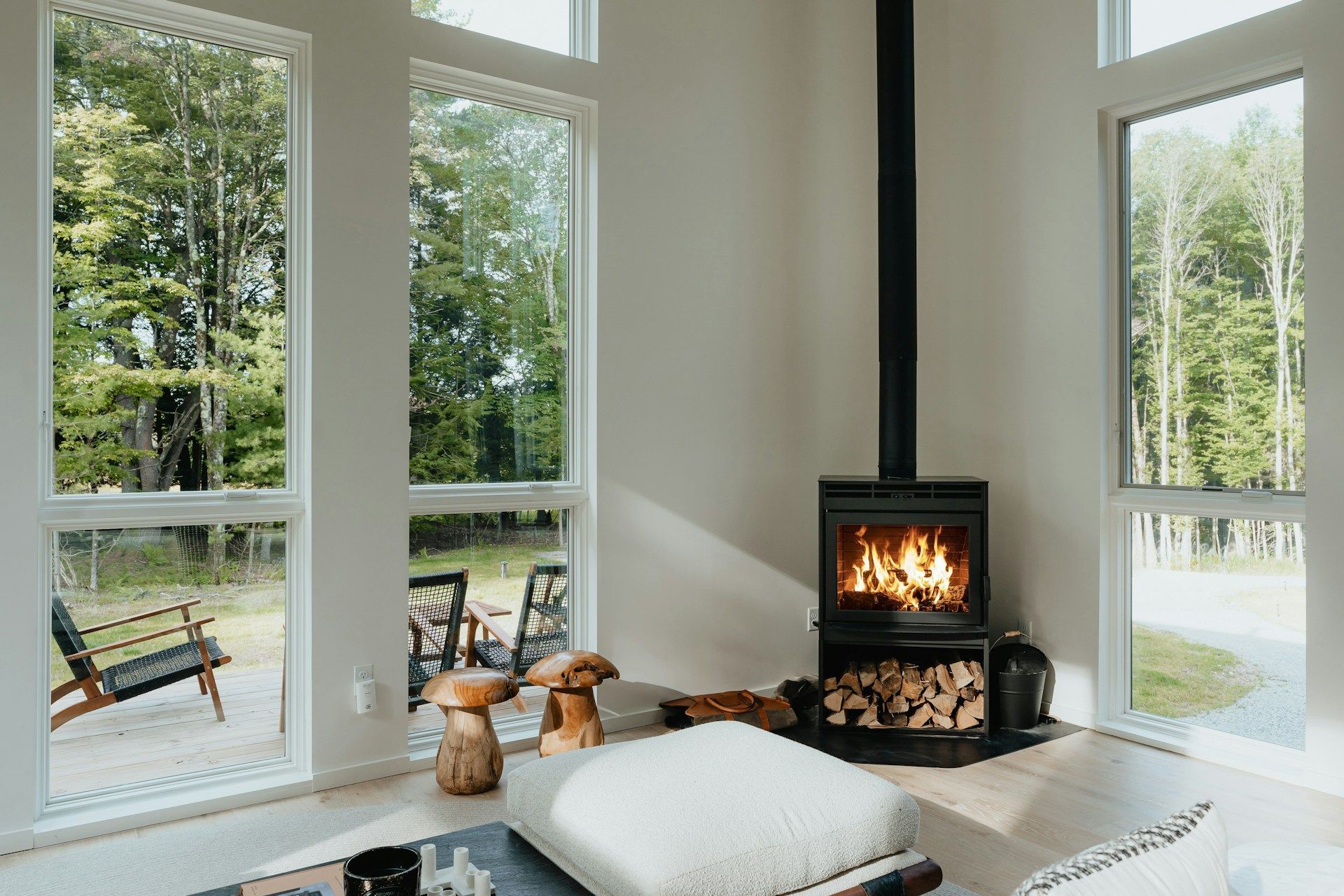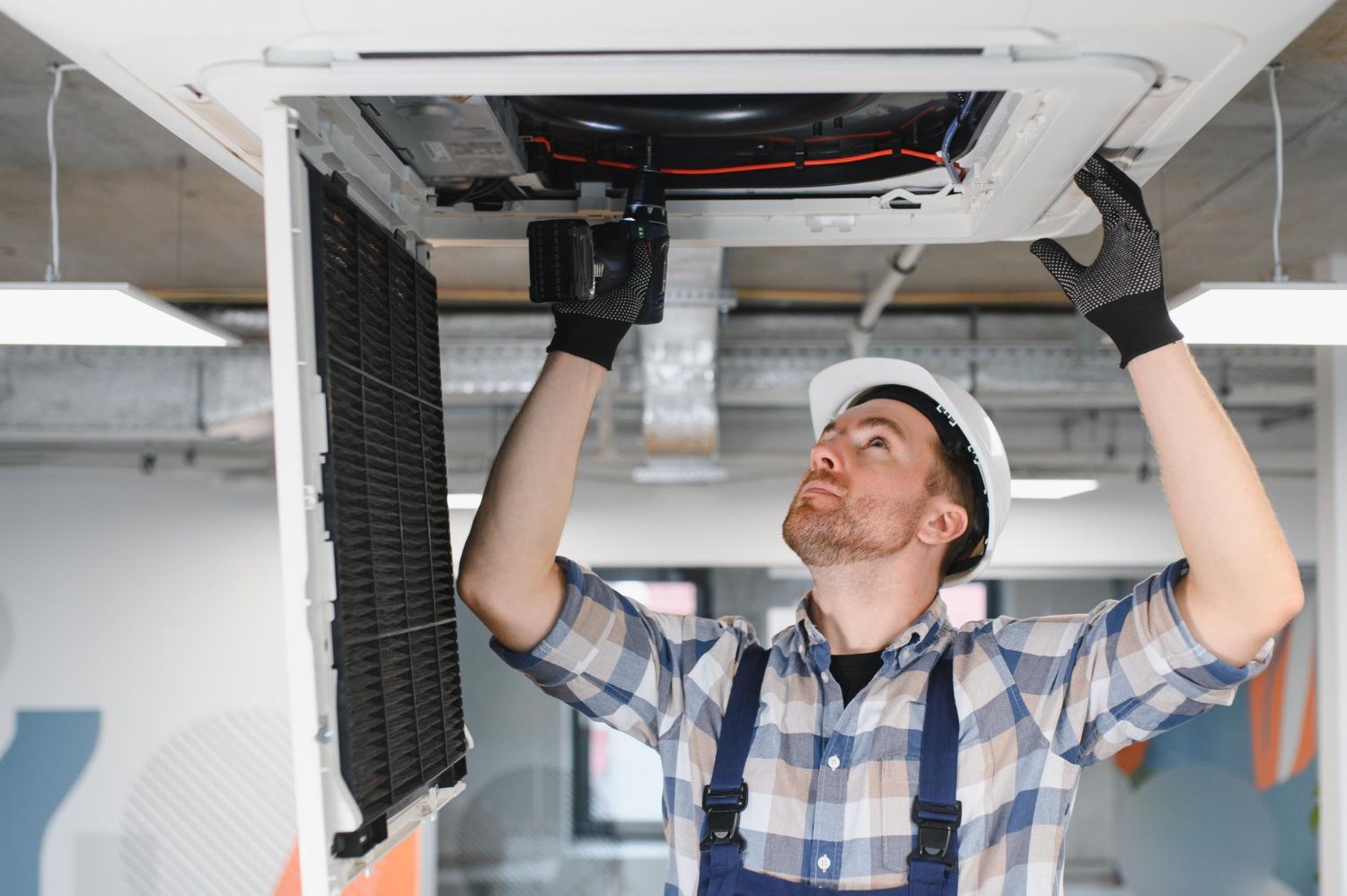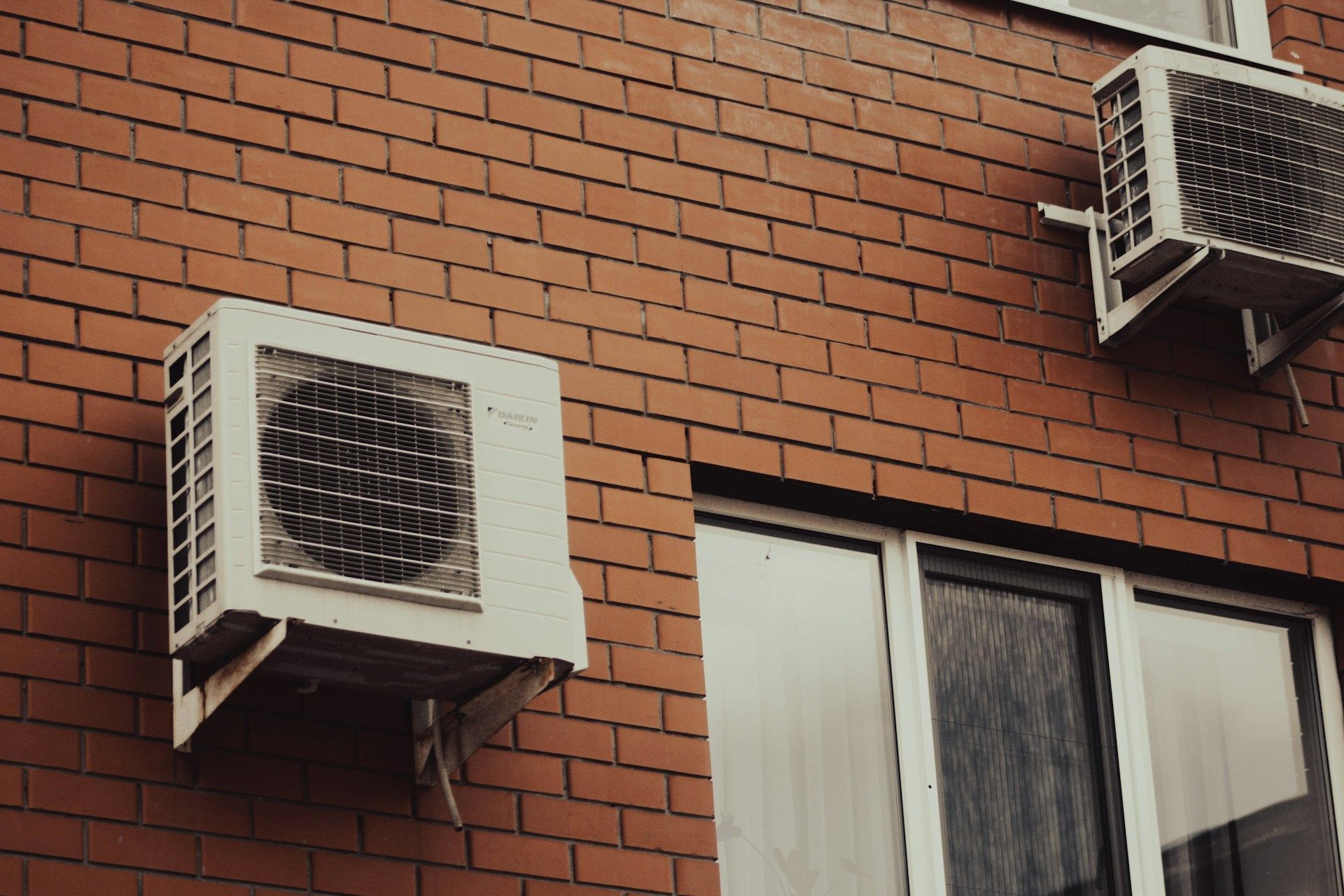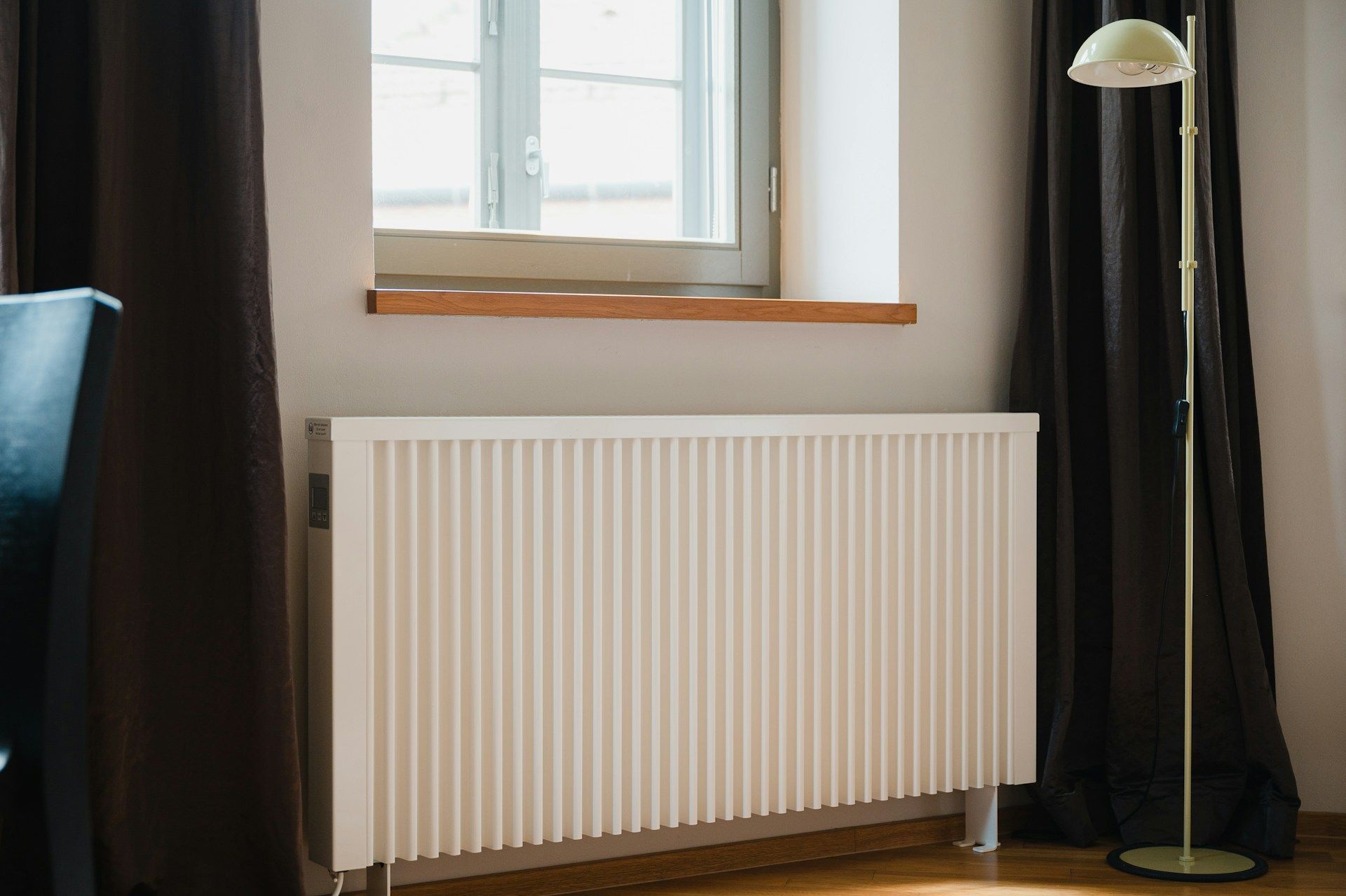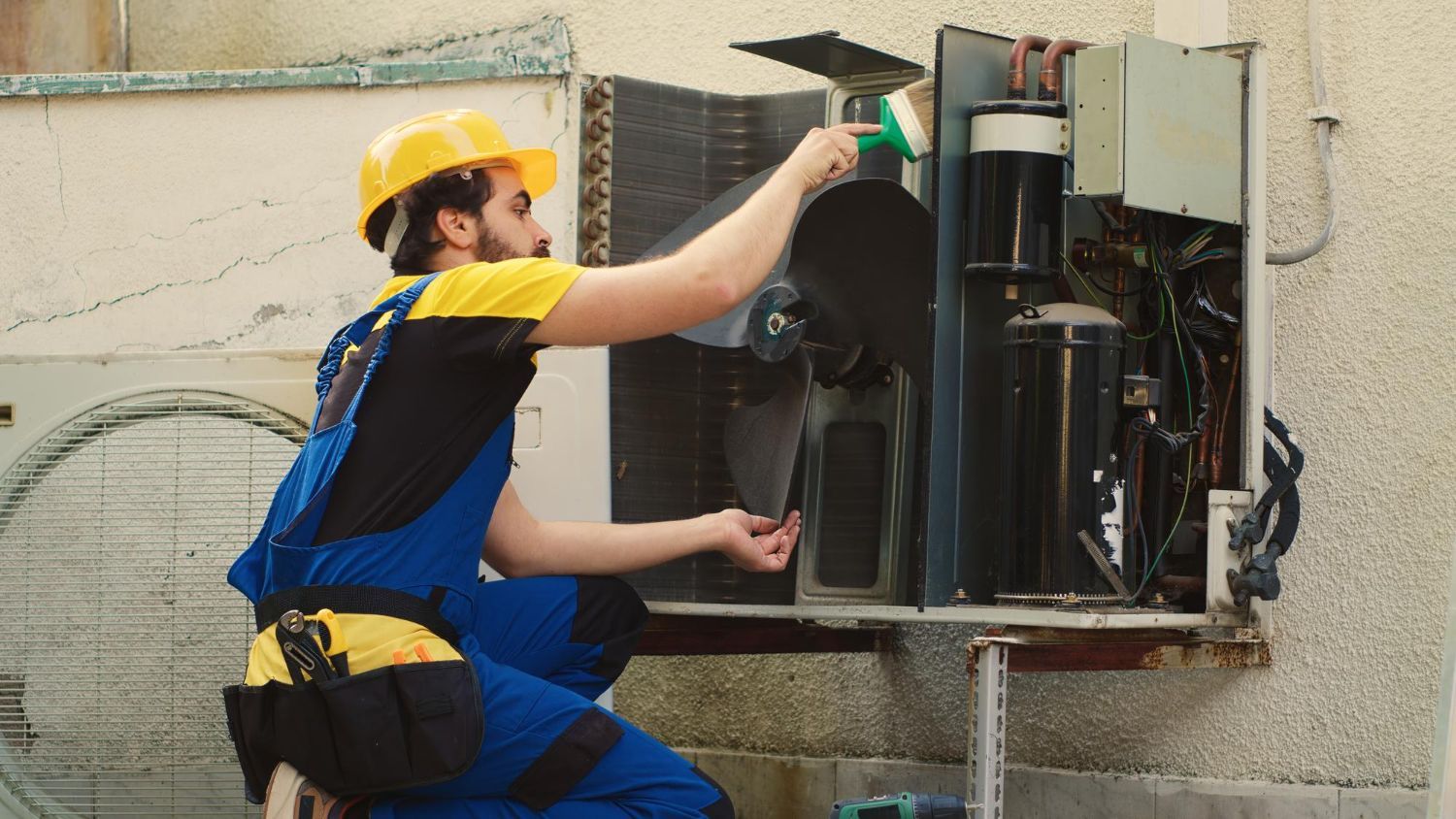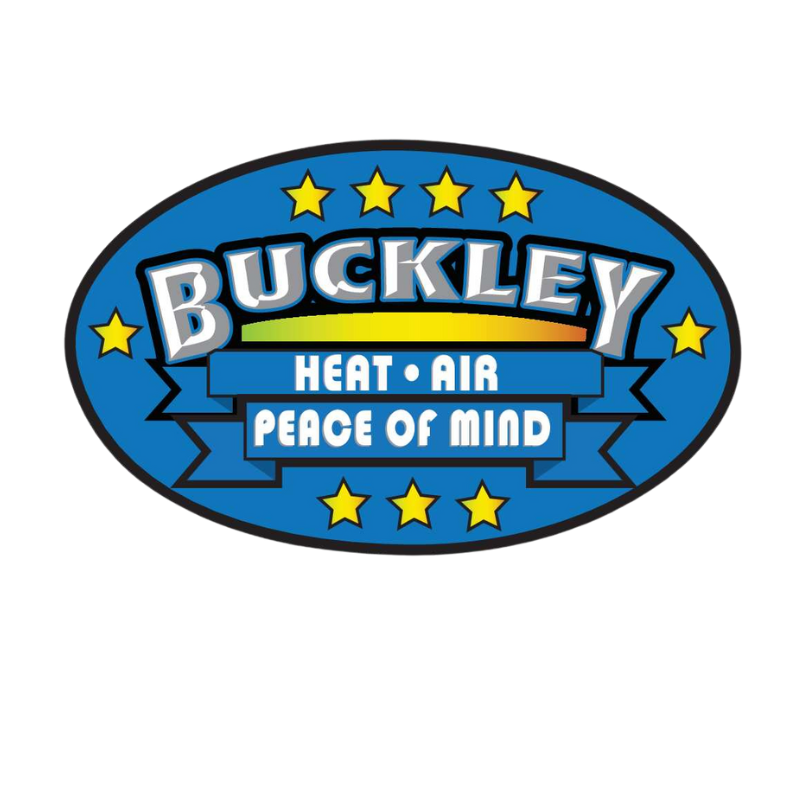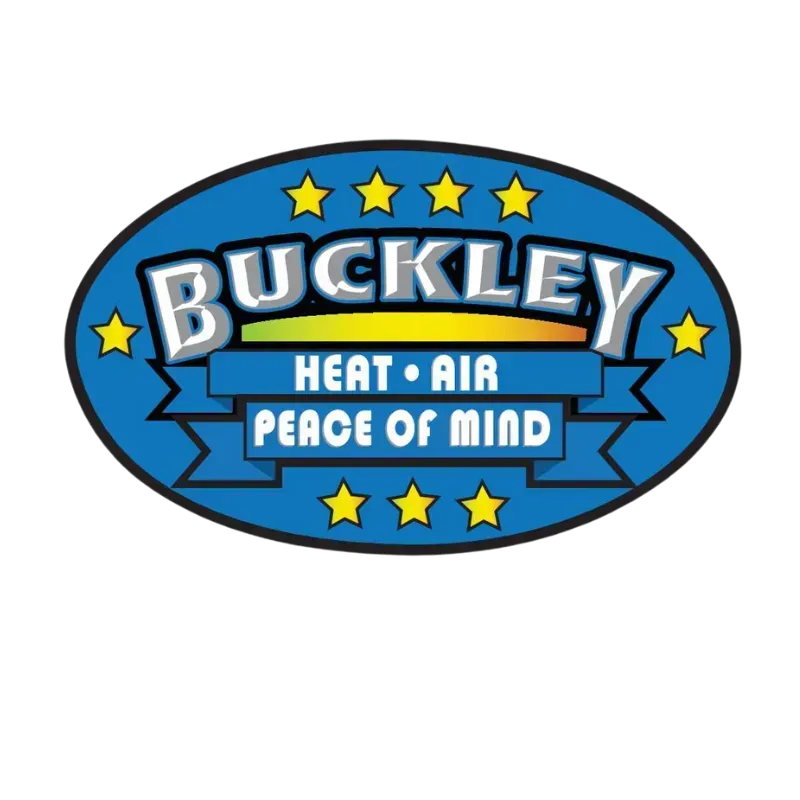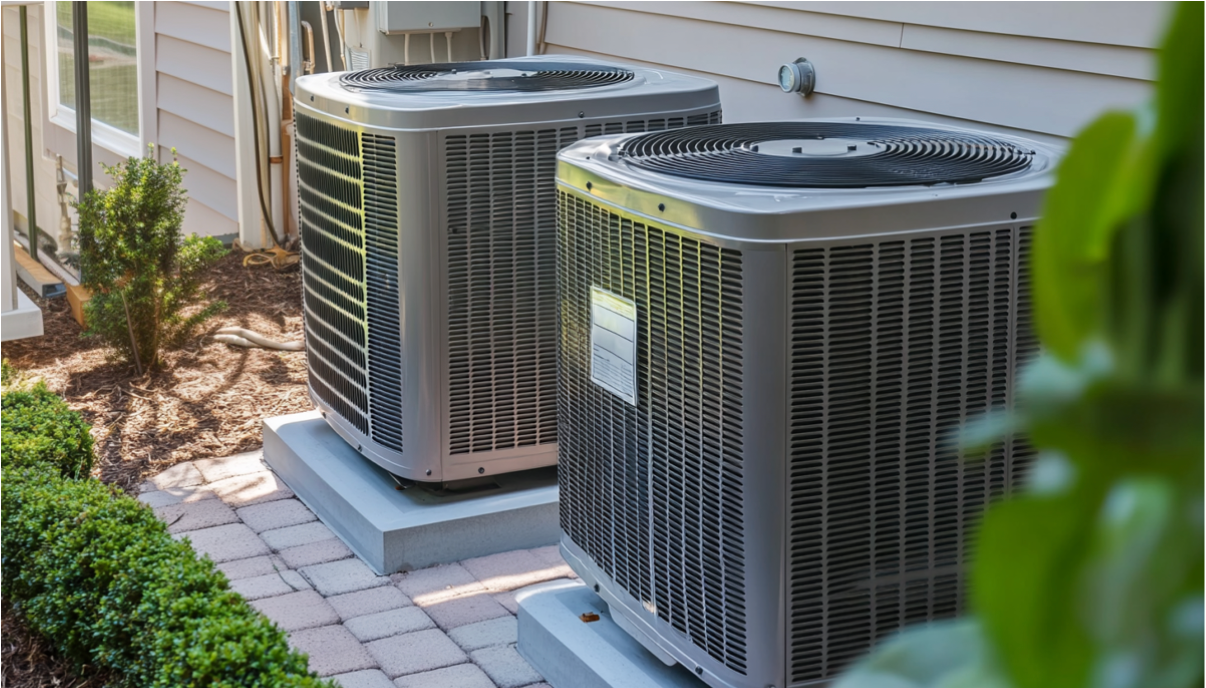
With new EPA regulations on the horizon, the HVAC industry is transitioning to newer refrigerants. While R-410A is gradually being phased out, it remains a reliable and widely used option, and homeowners should consider their best course of action based on their individual needs.
What Do EPA Regulations Mean to You?
The Environmental Protection Agency (EPA) has introduced new regulations to phase out high Global Warming Potential (GWP) refrigerants like R-410A in favor of more environmentally friendly alternatives. These regulations are part of the broader effort to reduce greenhouse gas emissions and mitigate climate change.
- Phaseout Timeline: Manufacturers will stop producing new HVAC units using R-410A by 2025, but existing systems can still be used and serviced.
- Shift to Low-GWP Refrigerants: The industry is transitioning to A2L refrigerants like R-32 and R-454B, which have significantly lower GWP values.
- Impact on Homeowners: While new systems will eventually require alternative refrigerants, R-410A equipment will still be serviceable for years to come, ensuring a smooth transition.
What Do These Changes Mean for Homeowners Looking For New Systems?
The transition to new refrigerants is designed to reduce environmental impact, but it doesn’t mean that R-410A systems will become obsolete overnight. If you currently have an R-410A system or are considering installing one, here’s what you need to know:
- Ongoing Support: R-410A refrigerant and replacement parts will continue to be available for years, ensuring continued serviceability.
- Proven Performance: These systems have been widely used for years, offering efficiency and reliability that homeowners trust.
- Gradual Transition: While new refrigerants will become standard in the future, R-410A systems remain a viable and practical choice today.
Understanding the Transition to A2L Refrigerants
The industry is shifting toward A2L refrigerants like R-32 and R-454B, which offer lower environmental impact but come with important considerations:
- Higher Flammability Potential: Unlike R-410A, classified as non-flammable, A2L refrigerants have a lower flammability rating. While they are not highly flammable, proper safety protocols must be followed during installation and maintenance.
- Cost Differences: Newer refrigerant systems may involve higher equipment costs and increased requirements
- Handling Requirements: Technicians must undergo specialized training to work with A2L refrigerants safely.
- Not a Direct Swap: Existing R-410A systems cannot be retrofitted to use A2L refrigerants, meaning a system upgrade would be necessary when making the switch.
While A2L refrigerants are the industry's future, R-410A remains a practical and cost-effective solution for many homeowners today.
Take advantage of the lower costs while still available
Deciding whether to install an R-410A system now or wait for A2L options depends on your priorities. If you are looking for a dependable and cost-effective system with familiar maintenance and servicing options, R-410A remains a strong choice. However, if you’re planning a long-term investment and are open to the new standards, researching A2L options may be beneficial.
At Buckley Heat & Air, we help you navigate these changes and make the best choice for your home’s heating and cooling needs. Download our Free Buyers Guide to learn more.
Call us at (916) 374-7788 or visit our website at https://www.buckleyheatair.com/ for more information. Our team is ready to help you find the perfect solution for your home. Do not forget to ask about our special offers.
Our team is ready to assist you with the latest information and options to ensure you get the best HVAC solution for your home.

